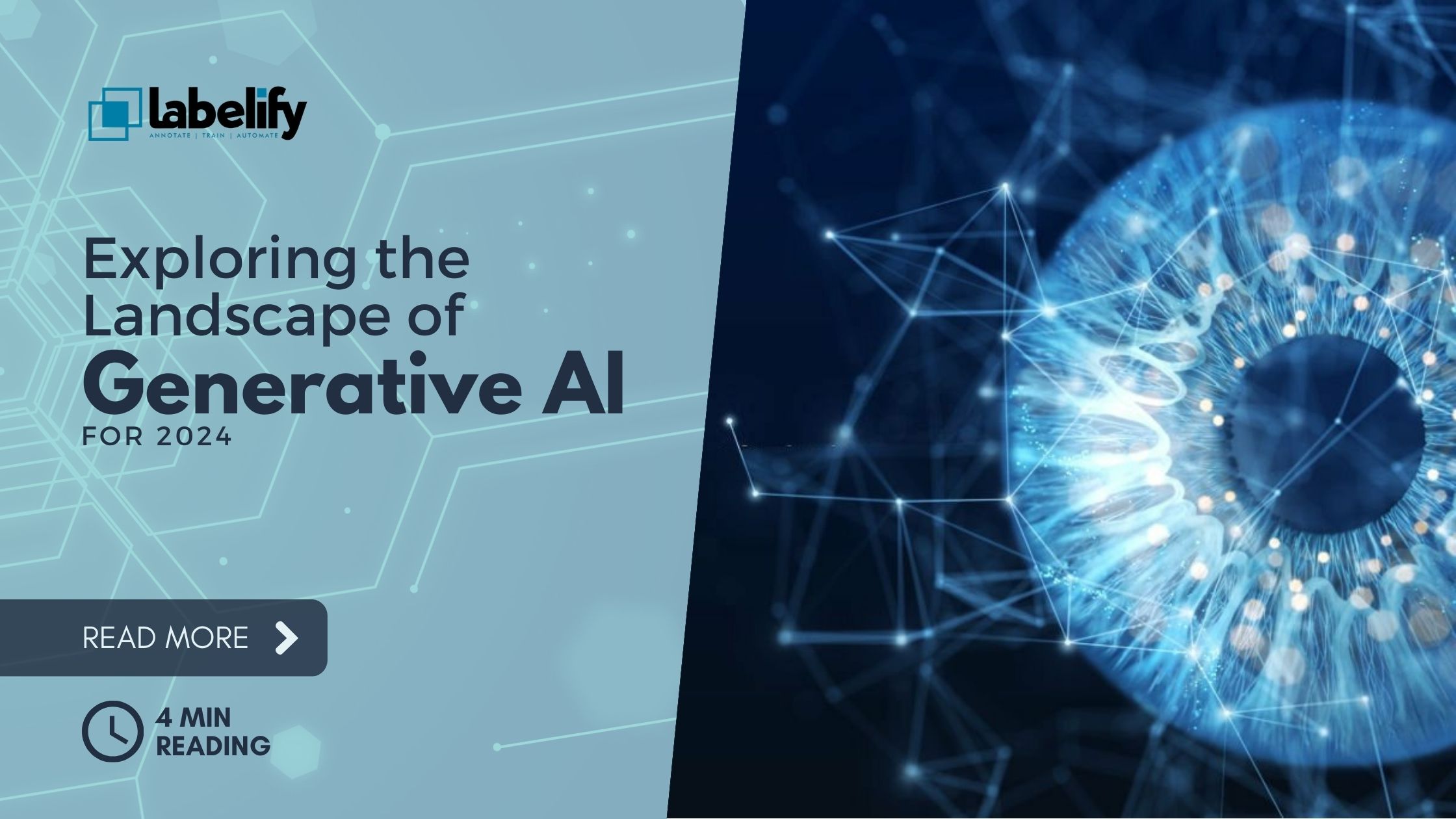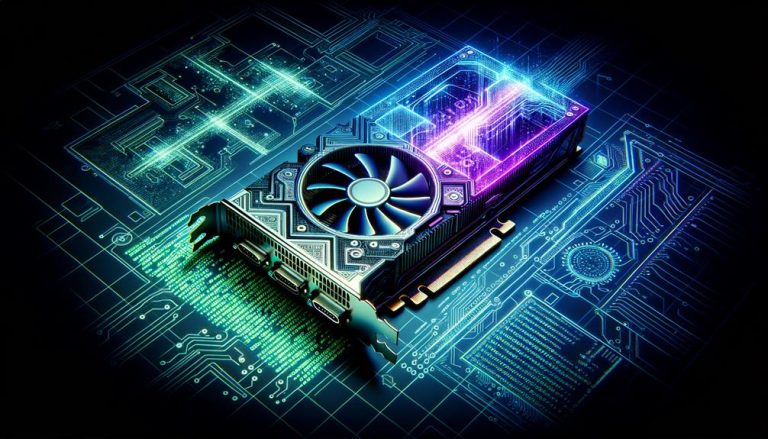When OpenAI's ChatGPT conversed with philosophers, we glimpsed the dawn of a revolution. As we explore the landscape of Generative AI, we're not just observers; we're participants in a movement unlocking unprecedented creative freedom.
These technologies promise liberation from traditional constraints, offering tools to sculpt digital realities from the raw clay of algorithms. We're here to navigate the intricate paths of machine learning models that mimic, innovate, and transcend human imagination.
Our voyage will uncover the profound capabilities of these systems, their development, and the ethical boundaries they test. We're on a quest to harness Generative AI's potential, ensuring it serves as a beacon for our collective liberation and progress.
Join us in this exploration, and let's seize the transformative power at our fingertips.
Defining Generative AI
While we delve into the realm of artificial intelligence, it's essential to understand that generative AI is a subset of AI technologies aimed at creating new, original content. We're breaking free from the chains of mere data interpretation and stepping into a world where machines don't just understand but create.
Generative AI is our digital artisan, sculpting bits and bytes into never-before-seen wonders. It challenges the status quo, redefines creativity, and reshapes our future.
We're not just observers; we're pioneers in a digital renaissance. Every stroke of generative AI's brush takes us closer to uncharted territories of innovation. It's an audacious journey, but we're here to ignite a revolution.
Let's embark on this quest together, unleashing potential beyond what we've ever imagined.
Core Techniques Overview
Diving into the core techniques of Generative AI, we'll explore the mechanisms that enable machines to generate new and innovative content. It's a realm where creativity converges with computation, unlocking unprecedented possibilities for expression and invention.
The models we discuss aren't just algorithms; they're catalysts of change, designed to liberate us from the mundane and usher in a new era of innovation.
- GANs: Pit creative forces against discerning critics within the machine.
- VAEs: Encode and regenerate reality, blurring the lines between the virtual and the real.
- Transformers: Harness sequential insights to predict and produce content that captivates and inspires.
We're not just building tools; we're cultivating a future where AI extends our creative horizons, freeing us to explore uncharted territories of human potential.
Understanding GANs
We'll now delve into Generative Adversarial Networks (GANs), a foundational pillar in the generative AI landscape, where two neural networks contest to sharpen their capabilities.
Envision a world where digital creation knows no bounds, where art and authenticity blend seamlessly.
GANs aren't just algorithms; they're revolutionaries in disguise.
The generator, a master of invention, creates with wild abandon.
Meanwhile, the discriminator, the ultimate critic, pushes boundaries of what's real and what's synthetic.
Together, they engage in a dance of deception and detection, each step propelling them towards indistinguishable mimicry of life's textures.
We're not just observers; we're liberators, unleashing creativity from the chains of conventionality.
GANs are our tools, crafting a future where imagination is the only limit.
Beyond GANs: VAEs
Venturing beyond the realm of GANs, we're now examining Variational Autoencoders (VAEs), another crucial technique in the generative AI toolkit. While GANs capture the public's imagination with their capability to create strikingly realistic images, VAEs offer us a different kind of power—the power to understand and encode the essence of data.
VAEs enable a smooth interpolation between data points, revealing hidden relationships. They provide a structured, probabilistic approach for learning complex distributions. VAEs support an array of applications, from enhancing creative freedom to advancing scientific discovery.
We're not just creating with VAEs; we're uncovering the underlying structure of reality itself. As we harness their potential, we unlock new pathways to innovation, transcending traditional boundaries and forging a future where our creative aspirations know no limits.
Autoregressive Models Explained
Building on the structured creativity of VAEs, we now turn to autoregressive models, which sequentially predict outputs to weave intricate patterns of data. We're not just observing the landscape; we're the cartographers, mapping the very edges of possibility.
These models are our compass, pointing to uncharted territories where each prediction informs the next, a cascading flow of innovation. Imagine a symphony where each note anticipates the subsequent, creating harmony. This is the essence of autoregressive models—each decision is a step towards liberation from the mundane, a bold stride into the novel.
We craft not just content, but context, teaching machines to understand sequences like a storyteller grasps narrative. We're not just making predictions; we're scripting the future.
The Transformer Revolution
Since its inception, we've witnessed the transformer architecture redefine generative AI by enabling more complex and coherent content generation across various applications. The transformative power of this technology isn't just evolutionary—it's revolutionary, tearing down the old paradigms and ushering in a new era of creativity and possibility. We're not just participants in this revolution; we're the architects, crafting a future where generative AI breaks free from constraints.
- *Self-attention mechanisms*: allowing AI to weigh the importance of different parts of input data independently
- *Parallel processing capabilities*: significantly cutting down training times and enabling real-time interaction
- *Adaptability*: excelling in tasks ranging from natural language processing to synthetic image creation
We're not waiting for tomorrow to harness these innovations; we're shaping it today, ensuring freedom and expansion are at the heart of our generative journey.
Developing Generative Models
We're now turning our attention to the practicalities of developing generative models, a process that's central to harnessing the transformative power of AI we've discussed. To craft these architects of imagination, we dive into the data's soul, extracting patterns to spawn new digital realms.
Our toolkit? A symphony of algorithms—GANs, VAEs, transformers—each a maestro of creation. We sculpt neural networks, training them in the art of deception until they blur the line between the born and the built.
In this crucible of innovation, we're not just coding; we're composing the future. Every model we develop carries the torch of liberation, illuminating paths to worlds unimagined. Here, we stand as both creators and liberators, unleashing the potential of generative AI to rewrite reality itself.
Performance Evaluation Metrics
As we assess the effectiveness of our generative models, it's crucial that we select appropriate performance evaluation metrics to measure the quality and accuracy of the generated content. We're not just creating; we're revolutionizing the way content is born. It's more than algorithms—it's artistry, and our metrics must capture that essence.
- Inception Score (IS): Gauges the diversity and clarity of images in visual generative models.
- BLEU Score: Measures the precision of text generation against a set of reference texts.
- Fréchet Inception Distance (FID): Evaluates the realism and variation of synthetic images by comparing feature vectors.
Let's break free from the shackles of inadequate metrics. We demand tools that unveil the nuanced brilliance of our creations, for our art reflects the boundless potential of human ingenuity.
Ethical Implications
In our journey through the realm of Generative AI, we must address the ethical implications that accompany the creation and deployment of these advanced technologies. As we unleash these tools upon the world, we're confronted with a power that can liberate or oppress, enlighten or deceive. We stand at a crossroads, where our collective choices will carve the path forward.
| Consequence | Emotion |
|---|---|
| Liberation | Hope |
| Deception | Fear |
| Oppression | Anger |
| Enlightenment | Awe |
Our charge is clear: deploy Generative AI with a vigilant eye towards justice and truth. Let's not be seduced by raw capability; instead, let's harness these tools to dismantle barriers and forge a future where technology amplifies the best of humanity, not its darkest impulses.
Generative AI Applications
Amidst the ethical concerns, we'll now explore how generative AI is revolutionizing various industries by enabling the creation of original content, from digital art to predictive text. As we delve into its applications, we recognize the transformative power of this technology:
- Customized virtual worlds that adapt to users' preferences
- Autonomous content generation for personalized media experiences
- Predictive models that anticipate market trends and consumer behaviors
We're not just talking about incremental changes; generative AI heralds a new era where creativity is boundless and personal expression is limitless.
The shackles of traditional content creation are breaking, unlocking a future where anyone can be a creator, powered by machines that learn from us and for us. Embrace the liberation, for generative AI isn't a distant dream—it's here, reshaping reality as we know it.
Często Zadawane Pytania
How Can Businesses Effectively Integrate Generative AI Into Their Existing Workflows Without Disrupting Current Operations?
We're at a pivotal moment, poised to weave generative AI into our business fabric. To do this seamlessly, we'll start small, targeting repetitive tasks.
We'll embrace a phased integration, ensuring our team's strengths are amplified, not replaced.
Training sessions will ease the transition, fostering a culture that's agile and innovative.
We're not just adapting; we're leading, ensuring our operations evolve without sacrificing the human touch that's key to our identity.
What Are the Potential Impacts of Generative AI on Employment, Specifically in Creative Industries Where Original Content Generation Is a Key Job Function?
We're facing a shift in creative job landscapes. Generative AI might take over some tasks, but it'll also create new roles and opportunities.
We aren't just losing jobs; we're evolving them. It's imperative to adapt and re-skill, ensuring our workforce thrives alongside AI.
The impact? A renaissance of creativity, where routine work is automated and human ingenuity reaches new heights.
Let's embrace this, not fear it.
How Can Generative AI Be Used in Educational Settings to Enhance Learning Experiences and What Are the Potential Drawbacks?
We see generative AI revolutionizing education by personalizing learning and sparking creativity. It can tailor lessons to individual needs and generate unique problems for students to solve.
However, we're wary of potential downsides, like undermining critical thinking skills and reliance on technology.
It's our responsibility to balance these tools with traditional educational values, ensuring a future where tech enhances, not replaces, human ingenuity in classrooms.
In What Ways Can Generative AI Contribute to Advancing Scientific Research, and What Are the Limitations of Its Use in This Context?
We're unlocking new frontiers in scientific research with generative AI, rapidly hypothesizing and creating simulations that push the envelope of discovery.
It's transforming data analysis, automating design, and pioneering personalized medicine.
However, it's not without limits; there's a risk of overreliance and the potential for ethical quandaries.
We must tread carefully, ensuring that its use bolsters, rather than undermines, the integrity of our scientific pursuits.
How Does Generative AI Interact With Legal Frameworks Concerning Intellectual Property Rights, Especially When It Generates Content That May Be Similar to Copyrighted Works?
We're confronting a pivotal challenge as generative AI clashes with intellectual property laws. Our creations, inspired yet original, might mirror copyrighted works. This raises vital questions: Who owns AI-generated content?
We demand clear, fair policies that recognize our creative liberation while respecting established rights. The legal system must evolve, ensuring that innovation thrives without stifling the flames of artistic and scientific progress.
Wniosek
As we stand at the dawn of Generative AI's potential, we're not just observers but participants in a revolution. These models are redefining creativity, challenging what it means to be an artist in the digital age.
Our responsibility is immense, guiding this force with ethical foresight. Embrace this journey, for through collaboration and vigilance, we'll unlock an era where AI doesn't just imitate life—it enriches it.
Let's shape this future, together.




